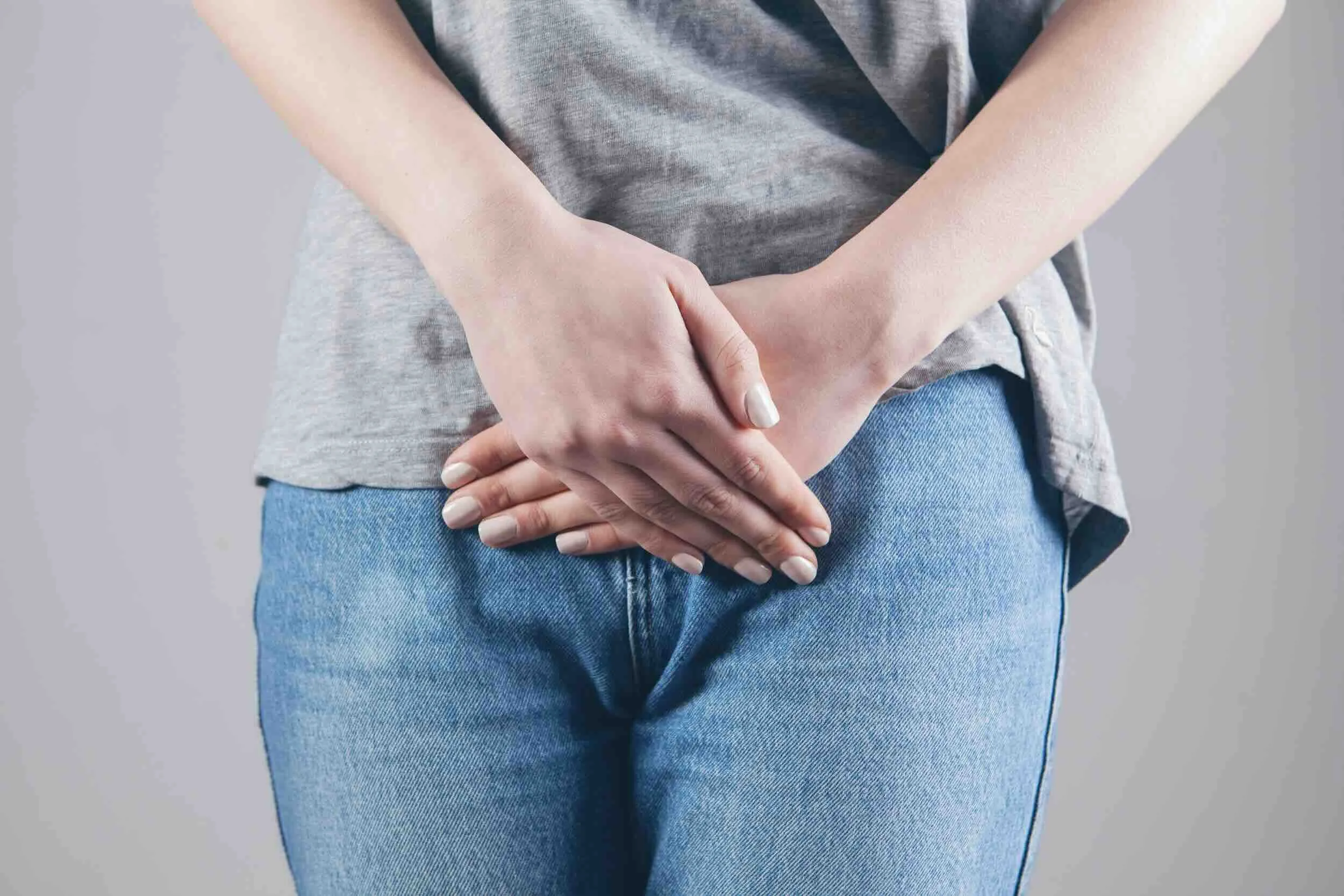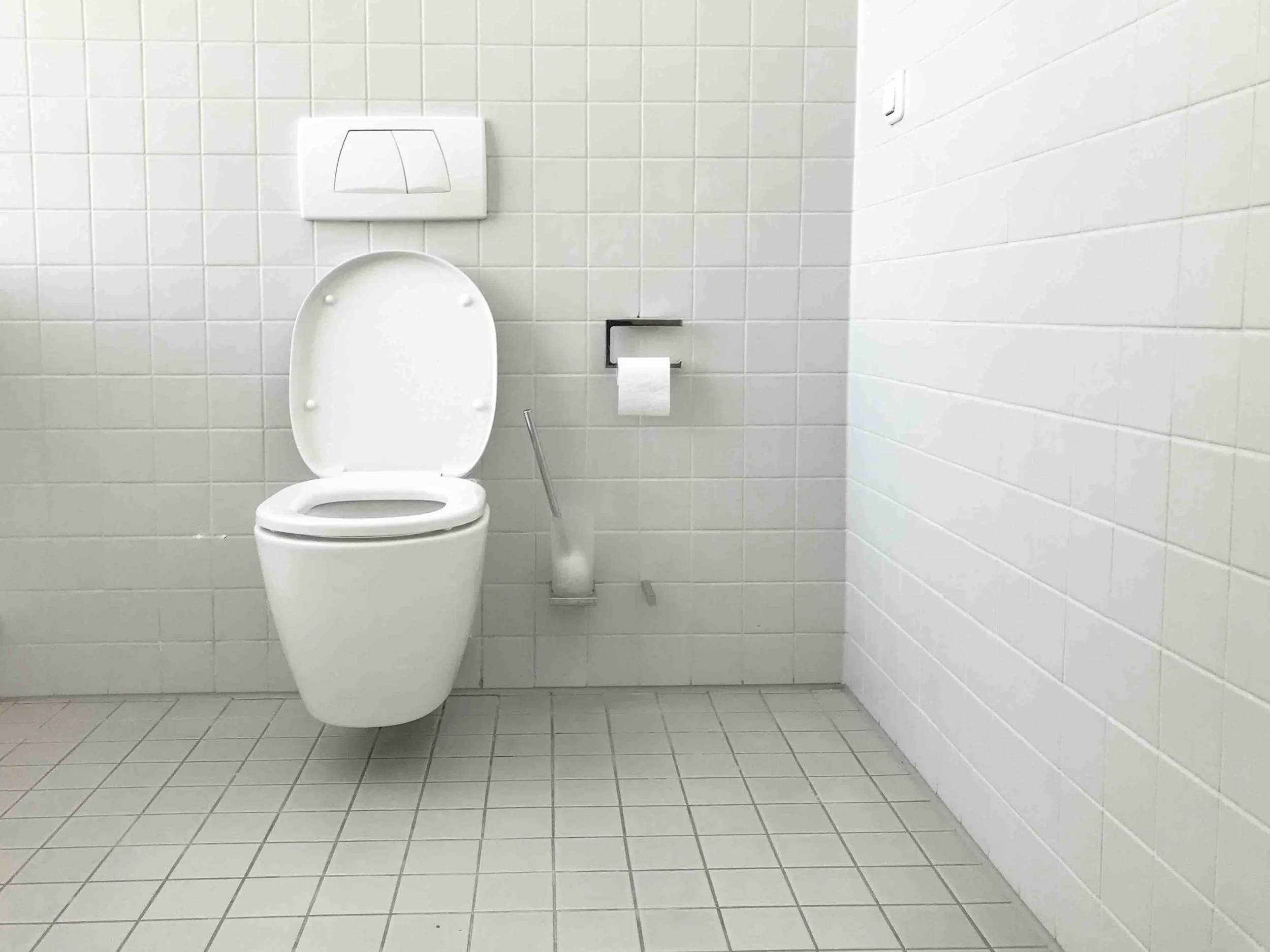End Parkinson’s Constipation with Functional Medicine
Constipation in Parkinson’s Disease is uncomfortable, leads to additional pharmaceutical management, and more GP appointments and frustration.
The standard treatment, laxatives, rarely solves the problem completely, and frequently leads to stomach cramps, loose stools (whilst still being constipated), and tummy pain and discomfort.
At NeuroSpan Health, we have over 15 years experience helping people overcome constipation, having gained a deep understanding of a more individualised approach to laxative use, laxative alternatives, diet adjustments, and the use of gut health tests to better understand the root cause.
Parkinson’s Constipation Symptoms
Constipation affects up to 70% of those with Parkinson’s according to Parkinson’s Foundation and emerging research suggests a strong link between our gut health and brain health.
You’ll likely feel bloated, experience wind, or feel irritable and This is the last thing you need when fighting disease.
Standard medical guidance often cites a bowel movement less than three times a week as constipation, but we completely disagree with this from a wellness and gut health perspective. If you’re eating normal portion sizes, and you’re going to the toilet daily - you are constipated. It’s very difficult to go every three days and manage to eliminate the entirety of your three days worth of meals (though some do, having very irregular but very substantial bowel movements).
Constipation Symptoms in Parkinson’s Disease
When bowels slow down, some elements of our detoxification (toxin clearance) is slowed down. In Parkinson’s disease, we want to preserve brain health and keep toxin load nice and low. Not to mention that people with sluggish clearance of toxins often experience a higher frequency to colds and flu, less vitality, and often sleep badly, with night time waking (and sometimes hot sweats at night).
In addition, constipation cause more constipation. Think of it as a car jam. When the colon is full, the whole nervous system control of moving things forward in the colon can be affected. Chronic constipation can pool and become harder to clear. Sometimes just a day or two of constipation can cause weeks of blockage, so keeping on top of Parkinson’s constipation the best you can is important.
Saying that, in Parkinson’s the constipation is not a diet or lifestyle problem - it’s usually part of the disease picture, however this doesn’t mean that things can’t be improved by personalising your approach, really looking at what’s making things worse for you.
How We Offer a Different Approach
At Neurospan Health, we bring over 15 years of clinical experience helping people overcome digestive challenges — especially constipation. In fact, our background in treating gut health at Advanced Nutrition is what sparked our deeper interest in neurodegenerative disease.
We understand how gut and nerve health are deeply connected. That’s why we go beyond the typical advice and offer a functional medicine approach that addresses the underlying imbalances causing constipation.
What We Focus On:
Nutrients Matter
Certain nutrients directly affect how the digestive system works:
Magnesium supports muscle relaxation in the colon
Calcium helps regulate muscle contraction
B vitamins play a key role in neurotransmitter production (like dopamine, serotonin, acetylcholine)
Magnesium Citrate can act as a gentle laxative and can be used daily. Just check for any contraindications with any medication.
Fibre: Helpful or Harmful?
Fibre is often recommended for constipation, but not all fibre is helpful in Parkinson’s. If motility is slow, or your gut bacteria are imbalanced, high-fibre foods can sometimes worsen bloating or make stools harder to pass. This can be tricky to work out on your own.
We help you:
Identify if you should increase or reduce fibre temporarily
Which the right type of fibre for your gut
Avoid overloading a system that’s already struggling
Work with your unique digestion, not against it
Hydration Is Non-Negotiable
Even the best diet or supplements won’t work if you’re not drinking enough water. In Parkinson’s, reduced thirst cues are common, and dehydration can quickly worsen or trigger constipation.
We guide you on:
How much water you need, and from what sources
How you can manage an increase in hydration in a practical day to day way. We usually recommend a carefully planned ‘hydration schedule’ that fits in with your daily routines
Simplifying your routine so that you can stay consistent
And What About Gut Bacteria?
Parkinson’s and persistent constipation is linked with altered gut microbiota — lower levels of beneficial bacteria, and/or too much of unfavourable gut bacteria. These imbalances can:
Slow down gut transit and reduce short-chain fatty acids that support motility
Disrupt neurotransmitter (brain chemicals) signalling in the gut
Lead to bloating, wind, heartburn, and inflammation
We offer testing and personalised plans to help rebalance your microbiome and restore digestive harmony.
Your Next Step
Constipation in Parkinson’s is complex — but it’s not unfixable. If you’ve tried fibre, laxatives, or over-the-counter remedies with little success, it’s time to look under the surface.
At Neurospan Health, we work with clients to understand the root cause of symptoms and create clear, personalised action plans. With the right guidance, relief is absolutely possible.




Discover this #1 food to avoid for Parkinson’s tremors and simple swaps to support your nervous system naturally.